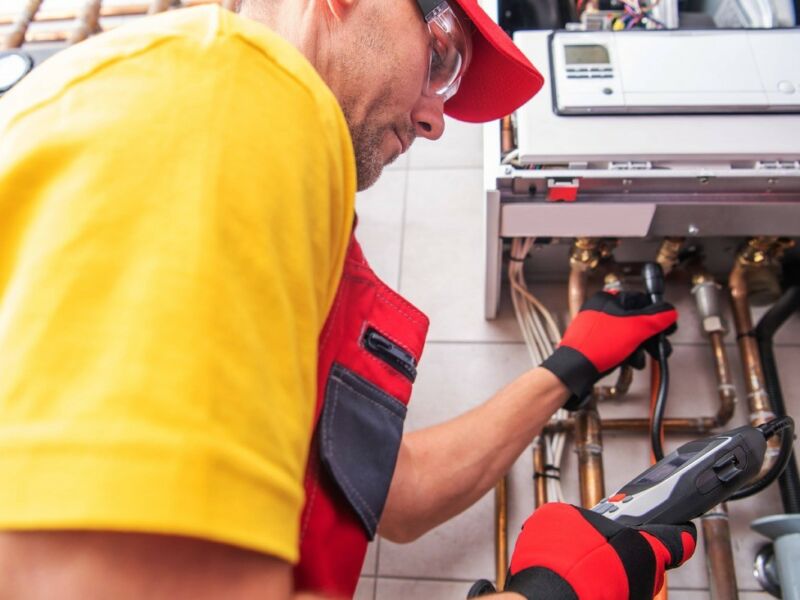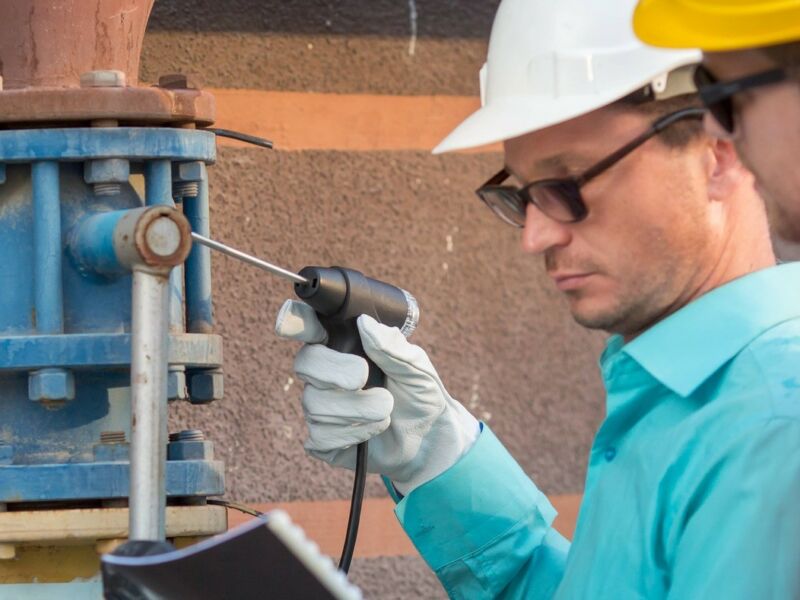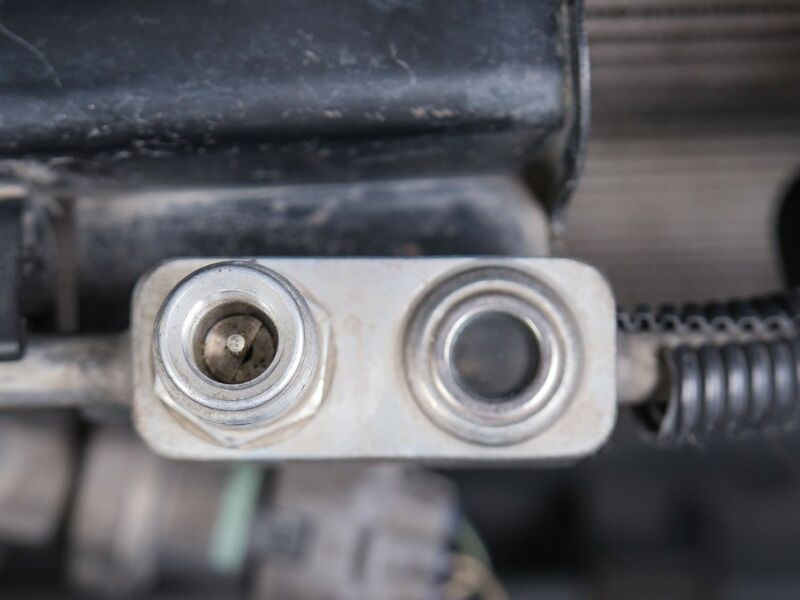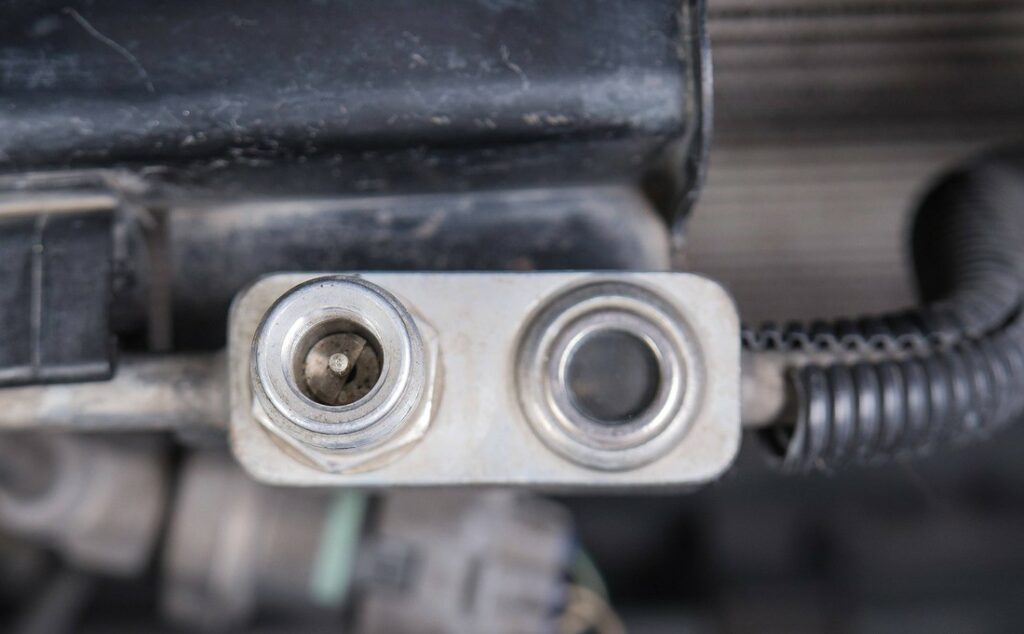
Gas Leak Detection: Protect Your Family and Property with Service Water Restoration
Gas leaks can pose a serious threat to both your family and property. They are not only dangerous but can also cause significant damage if left undetected. That is why it is crucial to have proper gas leak detection systems in place to ensure the safety of your loved ones and preserve the integrity of your home or business.
At Service Water Restoration, we understand the importance of timely gas leak detection and offer comprehensive services to address any concerns you may have. Our team of experts is trained to identify and locate gas leaks accurately, using state-of-the-art equipment and techniques. With our assistance, you can have peace of mind knowing that your family and property are protected.

Why Gas Leak Detection is Important
Gas leaks, particularly those involving natural gas or propane, can be highly dangerous if not detected and addressed promptly. Here are some reasons why gas leak detection is crucial:
1. Safety Hazard: Gas leaks can result in fire, explosions, and other life-threatening incidents. The presence of gas in an enclosed space increases the risk of ignition, creating a hazardous environment for anyone nearby.
2. Health Risks: Inhaling gas fumes, such as natural gas or carbon monoxide, can have severe health consequences. Prolonged exposure to these gases can cause dizziness, nausea, headaches, and even asphyxiation. Detecting leaks early can help prevent these health issues.
3. Property Damage: Gas leaks can also lead to property damage. The combustible nature of gas makes it highly destructive in the event of a fire or explosion. Detecting leaks early can minimize the potential damage to your property and belongings.

4. Environmental Impact: Gas leaks contribute to environmental pollution. The release of natural gas into the atmosphere contributes to greenhouse gas emissions and exacerbates climate change. Detecting and repairing leaks helps reduce the environmental impact of gas usage.
Gas Leak Detection Techniques
There are various gas leak detection techniques employed by professionals to ensure comprehensive coverage. Some commonly used techniques include:
1. Electronic Gas Detectors: These devices use sensors to detect gas concentrations in the air. They emit an audible or visual alarm when gas levels exceed safe thresholds.
2. Thermal Imaging: Infrared cameras can detect temperature differences caused by gas leaks. This technique is particularly effective for identifying leaks in pipelines or hidden areas.
3. Flame Ionization Detectors: These detectors sense the presence of combustible gases by measuring ion currents generated by gas combustion. They are commonly used in industrial settings.
4. Gas Sniffers: Gas sniffers are portable devices that rely on the operator to detect the presence of gas by smell. While less precise than other methods, they can still be useful for detecting large leaks.
Service Water Restoration: Your Trusted Partner in Gas Leak Detection
At Service Water Restoration, we prioritize the safety of our clients and their properties. Our team of skilled professionals is equipped with the necessary knowledge and tools to detect gas leaks accurately. We provide timely and efficient services, ensuring that any potential gas leaks are identified and addressed promptly.
By choosing Service Water Restoration, you can benefit from our expertise in gas leak detection and our commitment to customer satisfaction. Our services go beyond detection—we also offer gas leak repairs and preventive measures to minimize the risk of future leaks.
Protect Your Family and Property Today
Gas leaks are a serious concern that should not be taken lightly. Protect your family and property by investing in professional gas leak detection services. Service Water Restoration is here to provide comprehensive solutions tailored to your specific needs.
Contact us today at [Phone Number: 949-209-1582] or visit our website [Service Water Restoration Pros](https://servicewaterrestorationpros.com/) to learn more about our services and schedule a consultation.
Frequently Asked Questions



